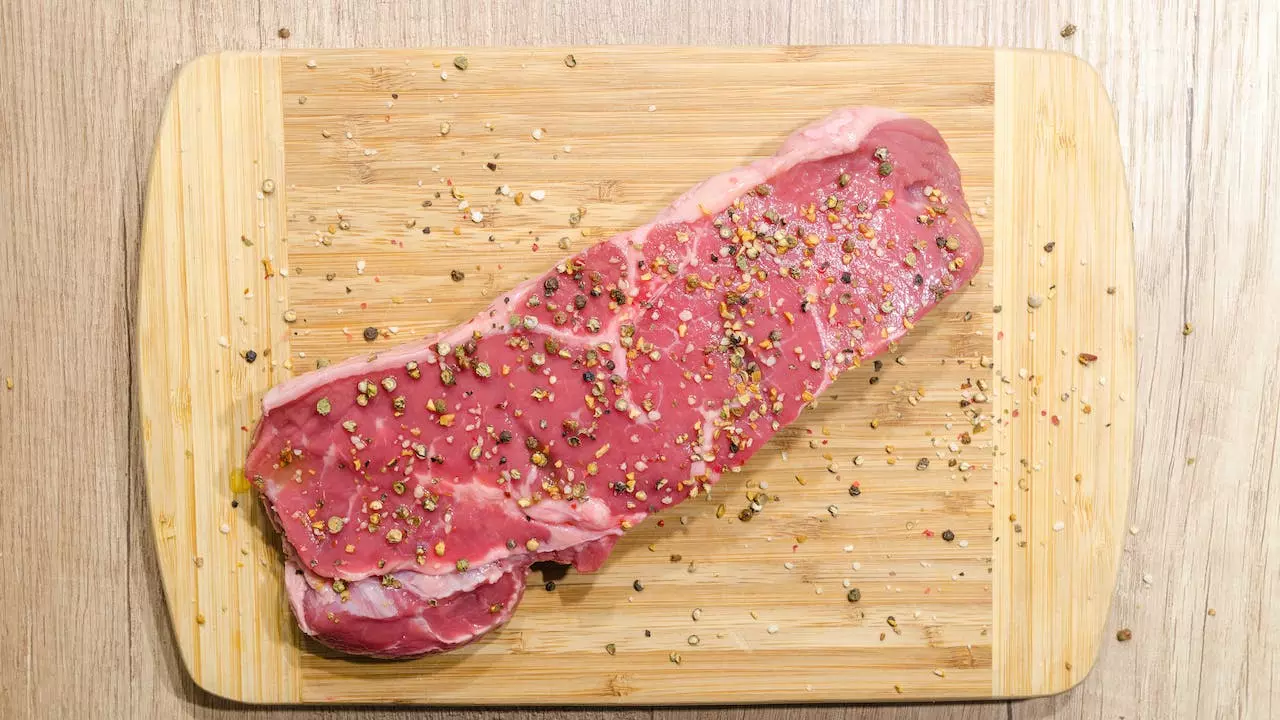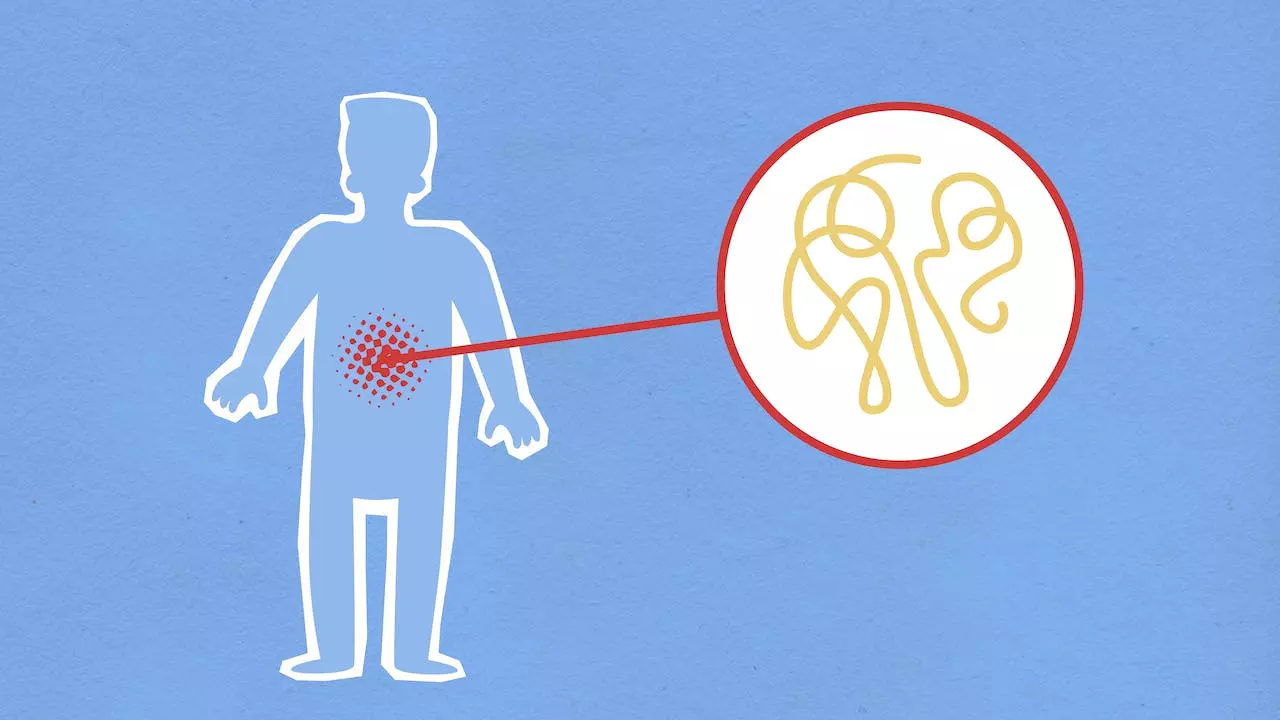Have you decided to go on a meatless journey? Then, it would be best to read this article first because when you switch from meat to plant-based foods, your body will take time to adjust, and it has to undergo several changes. In this article, we will tell you some changes that will happen to you when you stop eating meat.

Read Also: 3 Best Home Remedies for Swollen Toes to Try this Winter
There are some positive effects and some adverse effects as well. Adjusting to those leafy greens will need some time because your body has become accustomed to the meat. So, let’s understand the changes you will face when you stop eating meat and go on a vegetarian diet.
Less Inflammation When You Stop Eating Meat

If you have been eating meat for a long time, it must be hard for you to stop eating those delicious and crispy pieces of bacon. However, various research studies have found that “stop eating meat” and going on a meatless journey is good for your health in the long run. Both red meats such as beef, pork, and lamb and processed meats such as bacon, deli meat, and hot dogs are high in saturated fats, which can lead to long-term inflammation and can also increase the risks of various serious diseases such as cancer. So, moving to a plant-based vegetarian diet is an excellent option to stay healthy in the long run.
Improves Gut Health

One of the benefits of “stop eating meats” and shifting to a vegetarian diet is that, as per various research, it has been found that eating a lot of refined grains and processed foods hurts one’s gut health. But as the plant-based diet is rich in fiber, it leads to the growth of good gut bacteria. So, if you shift to the plant-based diet from the meat-based one, it will improve your inflammation and also save you from inflammatory diseases by improving your gut health.
Loss of energy

As meat is an excellent source of protein and iron, when you cut meat and shift to a vegetarian diet, you will feel more tired and lose energy as your body will not get its habitual amount of protein and iron. So, it will take time to adjust to the new diet. There are various vegetarian options that you can try for the alternative option of protein and iron when you stop eating meat and move to a vegetarian diet, such as green, leafy veggies like spinach or iron-rich cereal, bread, and pasta and for protein, you can choose from beans, lentils, nuts, peas, seeds, or soy products.
More Trips to the Bathroom

One of the side effects of “stop eating meat” and moving to a plant-based diet is that you might have more trips to the bathroom. Green veggies, whole grains, and fruits are rich in fiber, which makes it easier to poop by pulling water into the colon and making your stool softer. Thus, going on a meatless diet means having more time in the bathroom in the initial days. And once your body has been adjusted to your new vegetarian diet, it will become easy for you.
Lower Risk of Diabetes

As per some research, it has been found that there is a direct connection between red and processed meat and type 2 diabetes. Research says that eating half a serving (when comparing one serving to the size of a deck of cards) of these meats can increase your chances by 48% of having type 2 diabetes. So, when you move to a meatless diet, it also lowers your chances of type 2 diabetes.
Lower Cholesterol

Research also suggests that when you stop eating meat, mainly processed meat, it helps in lowering the cholesterol in your blood. As per studies, saturated foods should make up only 10% of your daily calories. So, cutting the meat and eating healthy fats from the vegetarian option can help improve your cholesterol levels.
Saves your money

One of the benefits of “stop eating meat” and shifting to the vegetarian diet plan is that it saves you a lot of money. Buying veg protein sources like peas, beans, and lentils is cheaper than meats. Also, buying seasonal veggies and fruits is cheaper than buying meats as a protein source. As per some data, a person on a 2000-calorie diet can eat enough vegetables and fruits for around $3 a day.
You May Need Supplements

One of the side effects of “stop eating meat” and moving to a meatless diet is that you might need supplements. Meat is an excellent source of protein, like vitamins A, B, B12, D, iron, and calcium. Vitamins and minerals, and once you cut them, your body might not get enough of them, so supplements might be needed to fulfill that need if you are a fitness enthusiast.
It might help in reducing body fat.

When you stop eating meat and move to a vegetarian diet, it can also help you with weight management. As per a study of 15 research, people who have moved to a meatless diet have lost 10 pounds on average, and those who were heavier have lost more weight. So, cutting meat from your diet might be the best option to keep your weight under control.
So these are some of the fundamental changes your body must undergo when you stop eating meat and shift to a vegetarian diet. Remember, everyone has a different body and lifestyle routine so these changes might be different for everyone, and one’s body can take different times to adjust to the new diet plan. So be careful and be flexible if you change your diet plan. Always start slow, which means don’t cut the meat from your diet at once. Start cutting it down slowly so your body does not face any side effects from a sudden shortage of heavy nutrients. Once your body correctly switches to a vegetarian diet, you will enjoy the benefits in the long run.
To get more of our exclusive content on Health Care and Lifestyle. Follow us on YouTube and Instagram.





